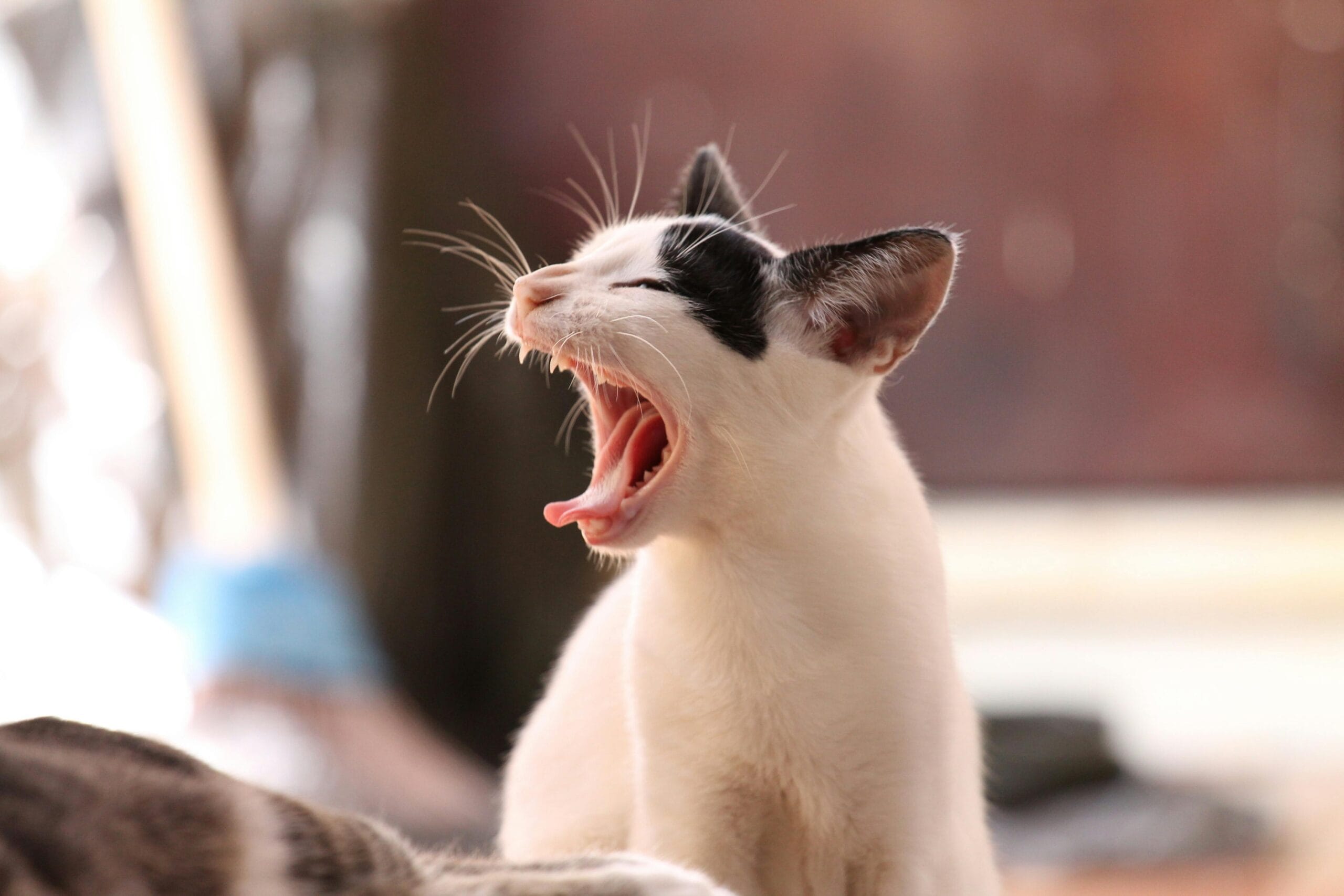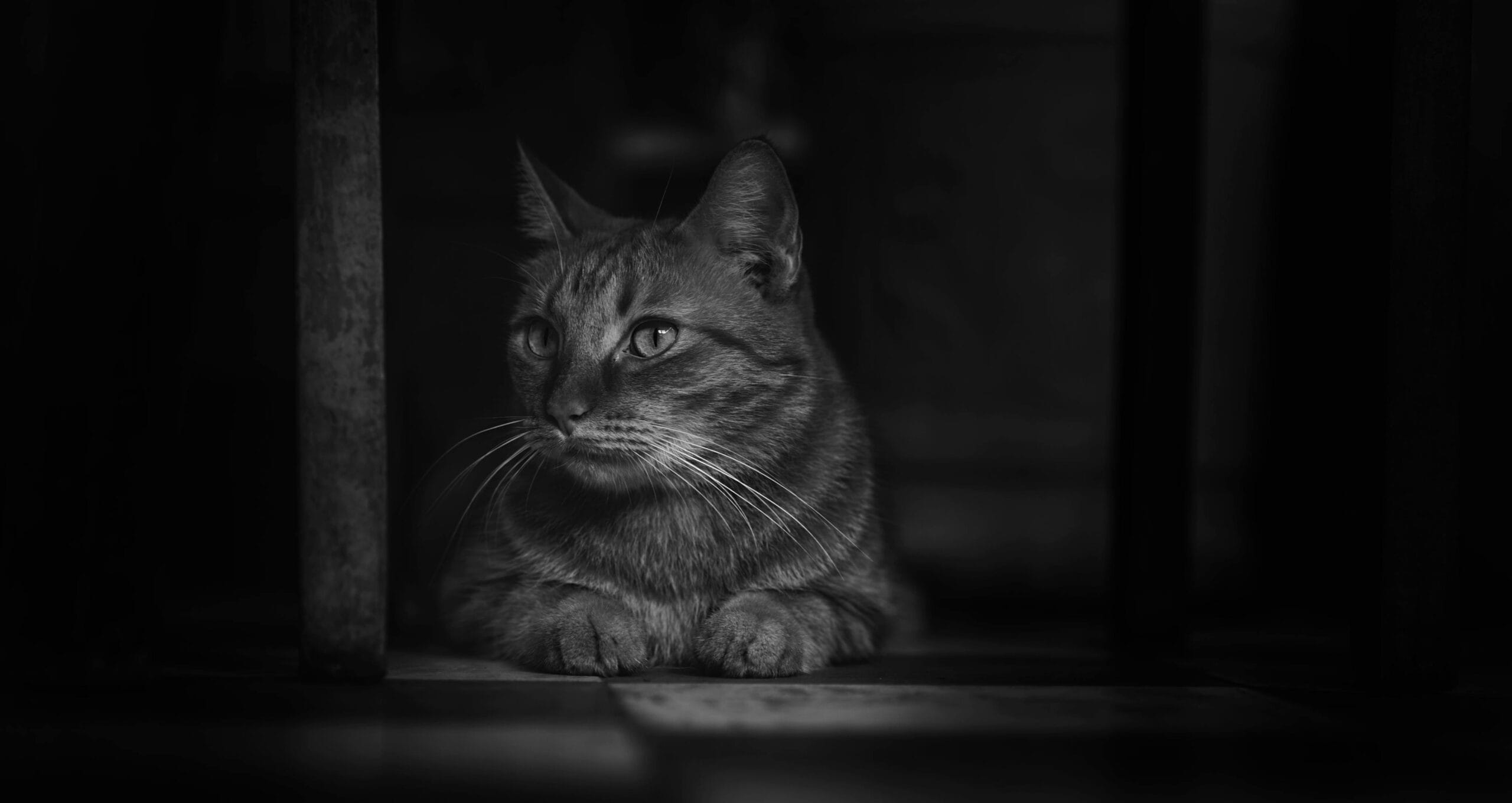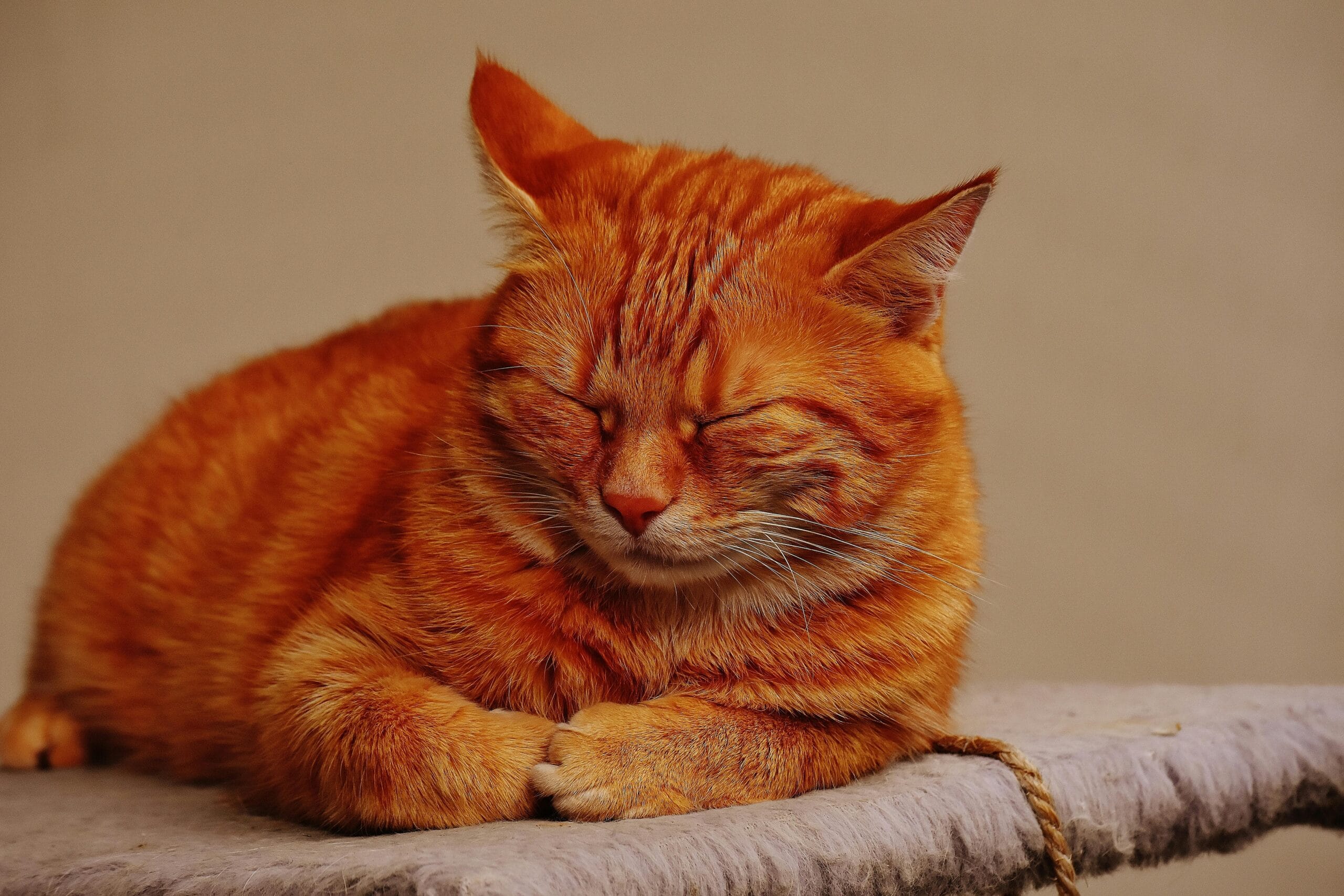Why Is My Cat Sneezing ?

Why Is My Cat Sneezing? Discover common cat sneezing causes & effective remedies. Learn how to help your feline friend breathe easy! Get expert advice now.
Why Is My Cat Sneezing? A Comprehensive Guide to Causes and Remedies
Is your feline friend making a sneezing fit? Seeing your cat sneeze can be alarming, but understanding the underlying causes is the first step to providing the best care. This comprehensive guide will delve into the various reasons behind **why is my cat sneezing**, exploring common **cat sneezing causes**, and offering effective **cat sneezing remedies**. We’ll cover everything from simple irritants to more serious underlying conditions, helping you determine when a simple home remedy will suffice and when a vet visit is necessary.
Understanding Normal Cat Sneezes vs. Concerning Sneezes
Before we dive into the specifics of **cat sneezing causes**, it’s important to distinguish between occasional sneezing and excessive or concerning sneezing. A single sneeze or two, especially after a dust bunny encounter, isn’t usually cause for alarm. However, frequent sneezing (more than a few times a day), sneezing accompanied by other symptoms like nasal discharge, lethargy, or difficulty breathing, warrants immediate veterinary attention.
Common Cat Sneezing Causes
Many factors can contribute to your cat’s sneezing. Let’s explore some of the most prevalent **cat sneezing causes**:
1. Upper Respiratory Infections (URIs)
One of the most common reasons for **why is my cat sneezing** is an upper respiratory infection (URI). These infections are often viral and highly contagious among cats. Symptoms include sneezing, coughing, nasal discharge (clear, watery, or yellow-green), eye discharge, and lethargy. Viral URIs typically resolve on their own with supportive care, but bacterial secondary infections can occur, necessitating veterinary intervention. If you suspect your cat has a URI, a visit to the vet is crucial for proper diagnosis and treatment. They may prescribe antibiotics if a bacterial infection is present.
2. Allergies
Just like humans, cats can suffer from allergies. Allergens such as pollen, dust mites, mold, and certain cleaning products can irritate their nasal passages, leading to sneezing. Symptoms might include sneezing, watery eyes, and itchy skin. If you suspect allergies, try identifying and removing potential allergens from your cat’s environment. A veterinarian can help determine specific allergies through testing and recommend appropriate allergy management strategies.
3. Irritants
Irritants such as dust, smoke, perfume, and strong cleaning agents can irritate a cat’s delicate nasal passages and trigger sneezing. Minimizing exposure to these irritants is crucial. Ensure good ventilation in your home, and avoid using harsh chemicals around your cat. Regularly cleaning your cat’s environment can also significantly reduce irritant exposure.
4. Foreign Bodies
Small objects, such as grass seeds, pieces of plants, or even dust, can become lodged in your cat’s nasal passages, causing irritation and sneezing. If you suspect a foreign body, a vet visit is necessary for safe removal. Attempting to remove it yourself could cause further harm.
5. Dental Disease
Surprisingly, dental problems can contribute to sneezing. Inflammation or infection in the mouth can spread to the nasal passages, leading to sneezing and other symptoms. Regular dental checkups and cleaning are essential for maintaining your cat’s oral health and preventing dental-related sneezing.
6. Tumors
In rare cases, nasal tumors can cause persistent sneezing and nasal discharge. These tumors can be benign or malignant, requiring immediate veterinary attention for diagnosis and treatment. If you observe persistent sneezing along with other concerning symptoms, such as weight loss or lethargy, seek veterinary care without delay.
7. Fungal Infections
Fungal infections, such as aspergillosis, can affect the nasal passages and cause sneezing, nasal discharge, and other respiratory symptoms. These infections often require specific antifungal medications prescribed by a veterinarian. Early diagnosis and treatment are crucial to prevent the infection from spreading.
Cat Sneezing Remedies: When to Seek Veterinary Help
While some **cat sneezing remedies** involve home care, it’s vital to discern when professional help is needed. Many of the previously mentioned **cat sneezing causes** require veterinary intervention for proper diagnosis and treatment. The American Veterinary Medical Association (AVMA) is a great resource for understanding pet health, and you can find more detailed information on their website: https://www.avma.org/
Here’s a guide to help you decide:
When Home Care Might Suffice:
If your cat has only a few occasional sneezes and shows no other symptoms, you may try to improve your cat’s environment by removing potential irritants. Ensure proper ventilation, minimize exposure to dust, smoke, and strong scents. Regular cleaning of your home can also help.
When Veterinary Care is Essential:
Seek immediate veterinary attention if your cat experiences:
- Frequent or persistent sneezing
- Nasal discharge (especially if it’s thick, yellow-green, or bloody)
- Coughing
- Lethargy or weakness
- Difficulty breathing
- Eye discharge
- Loss of appetite
- Fever
- Weight loss
Delaying veterinary care can worsen the underlying condition and lead to complications. A vet can accurately diagnose the cause of your cat’s sneezing and prescribe appropriate treatment.
Effective Cat Sneezing Remedies (Under Veterinary Guidance)
Depending on the underlying cause, your vet may recommend various treatment options. These might include:
- Antibiotics: For bacterial infections
- Antiviral medications: For viral infections
- Antifungal medications: For fungal infections
- Allergy medications: To manage allergies
- Surgery: To remove foreign bodies or tumors
- Supportive care: Fluids, rest, and nutritional support
The Veterinary Information Network (VIN) is another reputable resource for pet health information, offering articles and expert opinions on various pet health concerns: https://veterinarypartner.vin.com/
Preventing Cat Sneezing
While you can’t prevent all instances of sneezing, proactive measures can reduce the risk. These include:
- Regular cleaning: Keep your cat’s environment clean and free of dust, allergens, and irritants.
- Proper ventilation: Ensure good air circulation in your home.
- Avoid exposure to irritants: Minimize your cat’s exposure to strong smells, smoke, and harsh chemicals.
- Regular veterinary checkups: Annual checkups allow for early detection of underlying health issues.
- Vaccination: Keep your cat’s vaccinations up to date to protect against certain viral infections.
Conclusion: Addressing Why Is My Cat Sneezing
Understanding **why is my cat sneezing** requires a careful examination of your cat’s overall health and environment. While occasional sneezes might be harmless, persistent sneezing warrants a veterinary visit. Early diagnosis and appropriate treatment are crucial for preventing complications. Remember that this information is for educational purposes only and should not substitute professional veterinary advice. Always consult your veterinarian for any concerns about your cat’s health.
Have you dealt with a sneezing cat? Share your experiences and remedies in the comments below! Let’s help each other navigate the world of feline sneezes and improve the health of our beloved pets. Tell us about your cat’s sneezing episodes – what caused it, how did you treat it, and what was the outcome? Your experiences could help other cat owners!

FAQ: Why Is My Cat Sneezing?
- Q: My cat is sneezing occasionally. Is this always a cause for concern?
A: Occasional sneezing in cats can be normal, like humans clearing their nasal passages. However, frequent or forceful sneezing warrants a vet visit to rule out underlying issues. It’s crucial to monitor the frequency and severity. - Q: What are the common causes of cat sneezing?
A: Common cat sneezing causes include upper respiratory infections (URIs), allergies (pollen, dust, etc.), irritants (dust, smoke), foreign bodies in the nose, and dental issues. Less common causes include feline herpesvirus and calicivirus. - Q: My cat is sneezing and has a runny nose. What should I do?
A: A runny nose alongside sneezing points to an upper respiratory infection. Schedule an appointment with your vet immediately. They can diagnose the cause and recommend appropriate cat sneezing remedies.
- Q: How can I tell if my cat’s sneezing is due to an allergy?
A: Allergic sneezing is often accompanied by other symptoms like itching, watery eyes, and skin problems. Identifying potential allergens (new cleaning products, plants, etc.) can be helpful, but a vet visit confirms the diagnosis. - Q: Are there any home remedies for cat sneezing?
A: While some mild cases might improve with time, home remedies are not a substitute for veterinary care. Avoid using human medications on your cat. Focus on providing a clean and dust-free environment. Cat sneezing remedies should be prescribed by a vet. - Q: My cat is sneezing and lethargic. Is this serious?
A: Lethargy combined with sneezing is a serious sign requiring immediate veterinary attention. It could indicate a more severe illness.
- Q: My kitten is sneezing. Is this different from an adult cat sneezing?
A: Kittens are more vulnerable to infections. Sneezing in kittens needs prompt veterinary assessment as it could be a sign of a serious upper respiratory infection. - Q: Can I prevent my cat from sneezing?
A: Completely preventing sneezing is difficult, but you can minimize the risk by keeping your cat’s environment clean, using hypoallergenic cleaning products, and minimizing exposure to potential allergens and irritants. - Q: What kind of treatment can I expect from the vet for my cat’s sneezing?
A: Treatment depends on the underlying cause. It might include antibiotics for bacterial infections, antiviral medications for viral infections, or allergy medications. Your vet will determine the best cat sneezing remedies for your cat’s specific situation.
- Q: When should I take my cat to the emergency vet for sneezing?
A: Seek emergency veterinary care if your cat exhibits excessive sneezing, difficulty breathing, lethargy, discharge from the eyes or nose, loss of appetite, or fever. These signs suggest a serious underlying condition.

Why Is My Cat Sneezing? Practical Tips and Health Considerations
Cat sneezing is a common occurrence, but understanding the cause is crucial for your feline friend’s health. While occasional sneezing might be harmless, persistent or excessive sneezing warrants a vet visit.
Common Causes of Cat Sneezing
Several factors can trigger sneezing in cats. These include:
- Upper Respiratory Infections (URIs): Viral or bacterial infections are a primary cause, often accompanied by other symptoms like nasal discharge, eye discharge, lethargy, and fever. These are highly contagious.
- Allergies: Just like humans, cats can suffer from allergies to pollen, dust mites, mold, and certain cleaning products. Symptoms might include sneezing, itchy eyes, and skin irritation.
- Irritants: Exposure to smoke, perfumes, strong cleaning agents, or even dust can irritate a cat’s nasal passages and lead to sneezing.
- Foreign Bodies: A small object lodged in the nose can cause sneezing, nasal discharge, and discomfort.
- Dental Problems: In some cases, dental issues can cause sneezing, as inflammation or infection can spread.
- Tumors: In rare instances, nasal tumors can manifest as persistent sneezing.
When to See a Vet
Consult your veterinarian if your cat exhibits any of the following:
- Frequent or persistent sneezing
- Sneezing accompanied by other symptoms like nasal discharge, lethargy, fever, or difficulty breathing
- Green or yellow nasal discharge
- Sneezing lasting more than a day or two
Practical Tips for Managing Cat Sneezing
For occasional sneezing, consider these measures:
- Improve Air Quality: Ensure your home is well-ventilated and free from dust, smoke, and strong odors.
- Regular Cleaning: Clean your cat’s litter box regularly and vacuum frequently to minimize allergens.
- Provide Fresh Water: Hydration helps to flush irritants from the nasal passages.
- Monitor for Other Symptoms: Pay close attention to any changes in your cat’s behavior or appetite.
SEO Keywords:
cat sneezing, cat sneeze, why is my cat sneezing, cat upper respiratory infection, feline allergies, cat nasal discharge, cat vet, cat health, cat illness, sneezing cat treatment